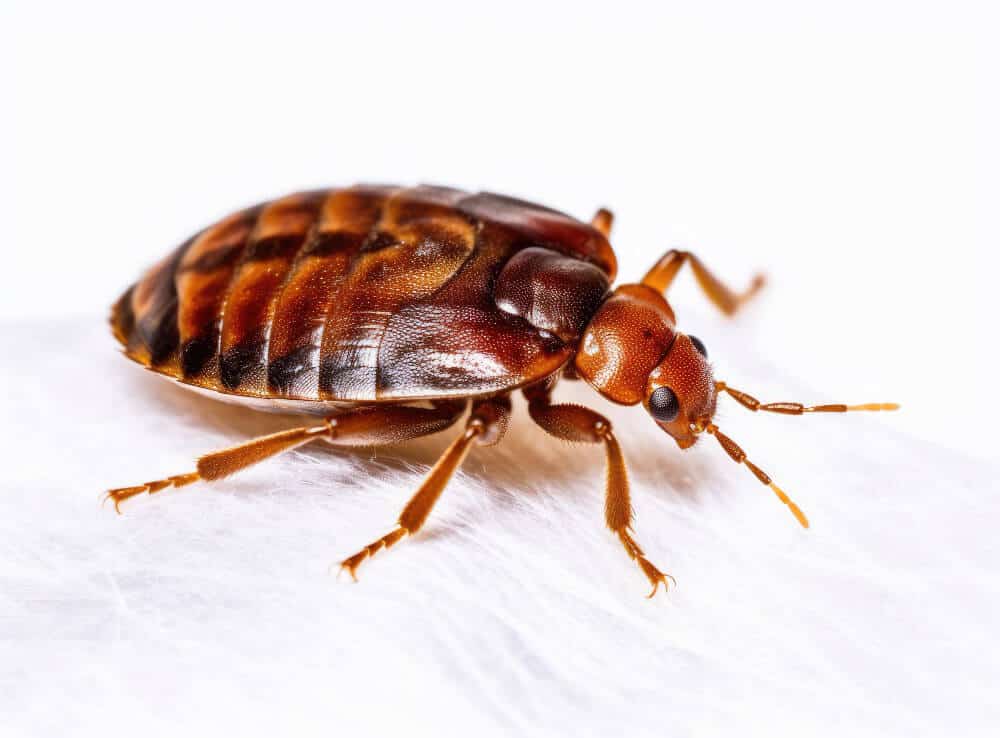Recognizing the Lifecycle of Bugs for Targeted Control Approaches
Recognizing the lifecycle of insects is a basic facet of reliable parasite monitoring techniques. By comprehending the various phases of growth that bugs go through, a more precise and targeted strategy can be taken on to control their populations. This knowledge not only loses light on the susceptabilities within the parasite lifecycle but likewise leads the way for executing tactical steps that can interrupt their development and reproduction cycles. Through a deeper understanding of just how bugs grow and develop, tailored control strategies can be created to deal with specific factors in their lifecycle, ultimately bring about even more successful pest monitoring outcomes.
Relevance of Understanding Bug Lifecycle
Understanding the lifecycle of insects is important for establishing reliable and targeted control techniques in parasite management. By comprehending the numerous phases an insect experiences from egg to grownup, pest control experts can recognize vulnerable points in the lifecycle where intervention can be most effective. Recognizing when larvae are most active can assist figure out the optimum timing for using larvicides. Additionally, understanding the life expectancy of a parasite species can aid in predicting population growth patterns and prospective invasion dangers.
Additionally, acknowledging the particular environmental conditions necessary for each phase of the parasite's lifecycle can assist decisions on habitat alteration or exemption approaches to decrease and disrupt the lifecycle parasite populaces. This understanding enables pest monitoring specialists to carry out proactive measures instead than counting entirely on reactive therapies, resulting in more long-term and lasting bug control services. Ultimately, an extensive understanding of insect lifecycles encourages bug control specialists to customize their approaches successfully, taking full advantage of and decreasing environmental influences control results.
Trick Stages in Parasite Advancement
To effectively implement targeted control techniques in parasite monitoring, an essential aspect lies in comprehensively identifying and recognizing the vital phases in bug advancement. Bug advancement usually consists of several key stages that are crucial for their lifecycle and management.

Susceptabilities in Pest Lifecycle
Throughout the numerous stages of a bug's lifecycle, distinctive susceptabilities emerge that can be strategically targeted for effective control measures (A1 Bed bug exterminator houston LLC). One crucial vulnerability exists in the egg phase, where bugs are usually much more prone to specific insecticides or organic control agents due to their soft outer covering, making them simpler targets for intervention. Recognizing these vulnerabilities in the parasite lifecycle is crucial for establishing accurate and reliable control approaches that successfully manage parasite populations while decreasing environmental influence.
Executing Targeted Control Measures

Implementing targeted control actions normally includes a multi-faceted method. This might include environment modification to make the setting less welcoming to pests, such as getting rid of standing water for mosquito control or securing access points for rats. Additionally, organic control methods can be used, where all-natural predators or virus are introduced to maintain pest populations in check.
Chemical control, such as the careful application of pesticides, is another usual technique. It is vital to make use of these substances deliberately to lessen environmental effect and possible harm to non-target species - A1 Bed bug Exterminator houston. Integrated Parasite Management (IPM) methods that incorporate numerous control steps in a coordinated and lasting manner are frequently the most efficient in accomplishing lasting bug monitoring objectives. By implementing targeted control measures based on a detailed understanding of pest lifecycles, pest populations can be effectively controlled while reducing dangers to human health and wellness and the setting.
Improved Insect Monitoring Practices

In addition, the consolidation of organic control agents, such as natural killers or virus of insects, can aid decrease dependence hop over to here on chemical pesticides and promote a much more well balanced community. Carrying out physical obstacles and traps can likewise become part of boosted pest administration techniques, supplying non-toxic and targeted solutions for insect control. Furthermore, making use of pheromones and other semiochemicals can interrupt pest breeding patterns and communication, resulting in decreased bug populaces over time.
Conclusion
To conclude, recognizing the lifecycle of pests is important for effective pest monitoring techniques. By determining essential phases in bug advancement and vulnerabilities in their lifecycle, targeted control actions can be carried out to lessen pest populations. Enhanced insect management practices can help reduce the reliance on broad-spectrum chemicals and advertise even more sustainable and ecologically friendly bug control techniques. This understanding plays an important role in maintaining healthy and balanced ecosystems and farming performance.
Comprehending the lifecycle of bugs is vital for developing reliable and targeted control techniques in pest monitoring. By understanding the different stages a parasite goes with from egg to grownup, bug control professionals can recognize susceptible factors in the lifecycle where intervention can be most effective. Ultimately, a comprehensive understanding of parasite lifecycles equips parasite control professionals to tailor their methods efficiently, minimizing ecological impacts and taking full advantage of control end results.
By carrying out targeted control actions based on a complete understanding of insect lifecycles, insect populaces see it here can be successfully regulated while decreasing dangers to human health and wellness and the setting.
By identifying crucial phases in parasite development and vulnerabilities in their lifecycle, targeted control procedures can be applied to reduce parasite populations.